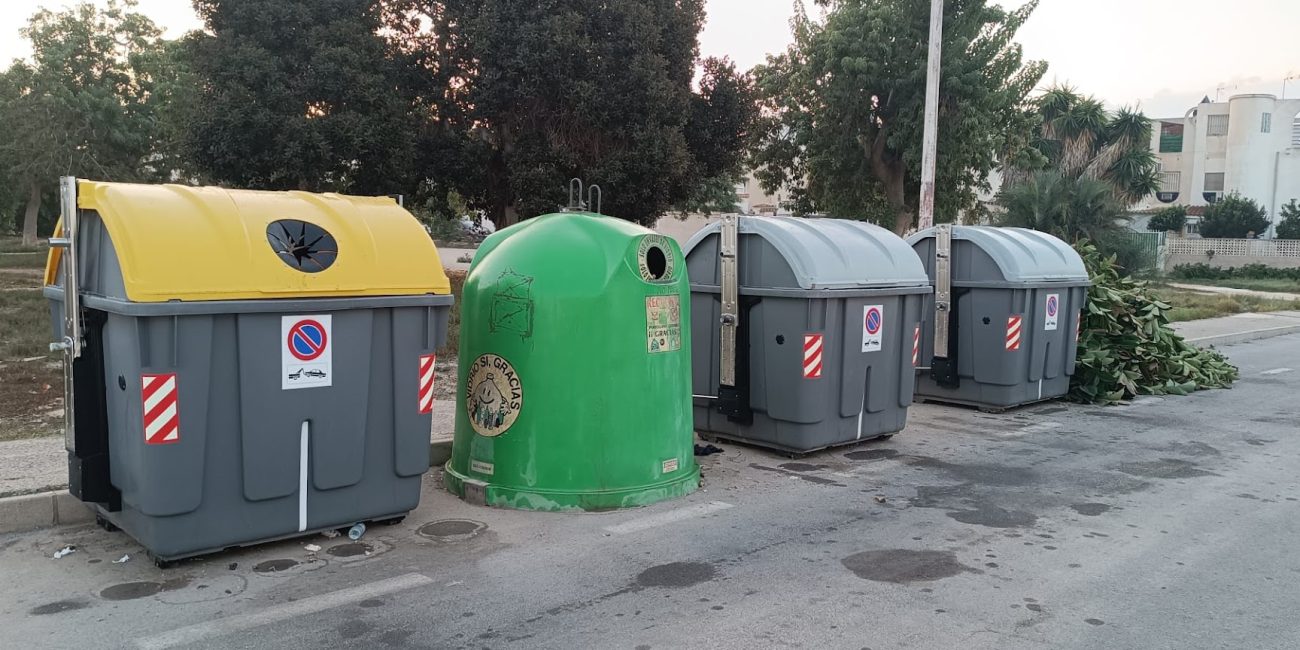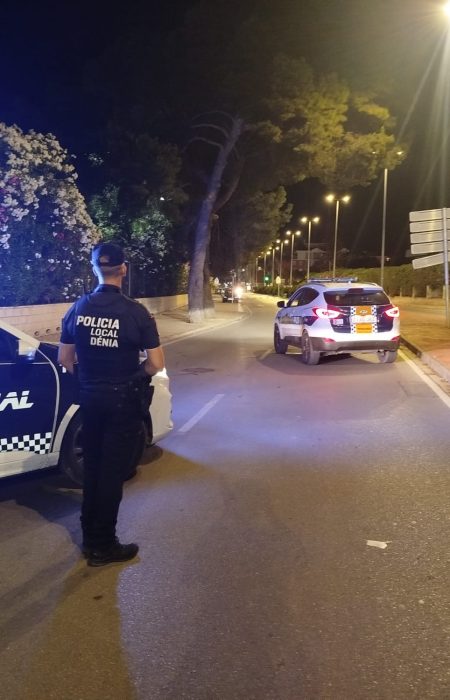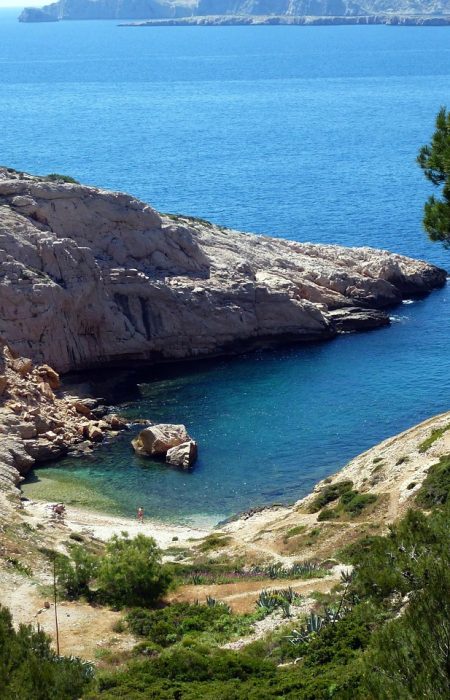According to data from the Vega Baja Sustainable Consortium for the 2024 financial year, approximately 400 tonnes of organic waste, which accounts for only 0.2% of the 190,000 tonnes of household waste generated by the 27 municipalities of Vega Baja, are separated from the rest of the rubbish for recycling at the recovery plants.
This insignificant percentage positions recycling at source in Bajo Segura light years away from the objectives established by European, state, and regional legislation, which specify what should not be buried in authorised landfills and recovered. The regulations stipulate that it should constitute 55% of the total by 2025, increasing to 60% by 2030 and 65% by 2035.
The brown container, which is indispensable for the efficient collection of selective refuse, is not a mere whim of environmental consciousness. It is also a highly practical and economically sustainable issue. It is estimated that approximately 40% of household refuse is organic waste. In the case of the Vega Baja, this would amount to 76,000 of the 190,000 tonnes of waste collected annually.
Modern disposal facilities can recycle a portion of the residual fraction; however, the organic fraction is the most critical. The economic interest of the industry that uses these materials for packaging would substantially reduce waste generation and, as a result, the costs of its disposal and transportation if the total weight reduction is achieved by recycling paper, cardboard, glass and plastic, which have high percentages of reuse circuits.
A situation that would, in turn, enable a decrease in the tax revenue collected, which is already being experienced by all residents of Vega Baja.
All decomposable refuse, including food scraps, vegetables, fruits, meat, fish, eggshells, and nuts, is included in the organic waste category. In the majority of municipalities, these wastes are now disposed of in the residual waste receptacle, also known as the grey container, and are not eligible for recycling.
However, the organic fraction can be recycled into compost for agricultural and other purposes if it is separated and its contents do not contain a significant amount of unsuitable material, such as other non-organic remains. The most significant aspect is that it would not require landfill disposal.
A statistic that substantiates the degree to which municipalities disregard the brown bin: Dolores, a municipality with a population of just over 8,500, recycles 207 tonnes, which is more than half of the total for the region. The implementation of a door-to-door collection system in nearly the entire municipality is producing positive results, despite the fact that it was not without controversy. The municipality’s dedication is the reason for the minor improvement in the dismal 2023 record, which saw only 30 tonnes of waste recycled at the regional level.
In 2024, an additional 105 individuals will originate from Torrevieja. This is a significant increase. The municipality that generates the most waste in the region, accounting for nearly 25% of the total 190,000 tonnes of household waste in the Vega Baja, has a resident population that multiplies during the tourist season and exceeds 100,000 registered inhabitants. The total waste generated is 49,000 tonnes.
An awareness campaign in schools, which removes organic waste from cafeterias, and a second, very limited, campaign among local hospitality businesses, which distributed tiny brown containers, are the sources of this organic waste record. In the city’s over 600 restaurants and cafes, these containers recycle only a small portion of this form of waste.
At the same time, the recycled organic fraction counter in Orihuela, the other significant generating municipality in the region, which collected over 45,000 tonnes of waste in 2024, remains at zero. The municipal service of the City Council, which has been precarious for more than a decade, is currently anticipating a decision to renew it.
Rojales, with 64 tonnes of selected organic waste, follows Dolores and Torrevieja on the select list of municipalities that are endeavouring to comply with the legislation. This is also a negligible amount for a municipality with 20,000 residents that annually collects 9,000 tonnes of refuse from its streets. Another company that claims credit is Daya Vieja, which accounts for 6% of its production with 17 tonnes. The gate has been partially implemented in this municipality, which has a population of little more than one thousand and is the smallest in the region. Granja de Rocamora and Formentera del Segura also exhibit nearly identical figures.
The 2025 balance sheet should include Albatera, Redován, and Almoradí by the end of the year. This could significantly increase the figure, although it is still clearly insufficient as long as Torrevieja, Orihuela, Pilar de la Horadada (14,000 tonnes of waste collected annually) and Guardamar del Segura (another 9,600) do not participate.
The Vega Baja Sustainable Consortium anticipates that these figures will progressively rise. However, the implementation of the regional waste treatment plant is presently being processed, albeit with some difficulty, as a benchmark for the “leap” in compliance with waste legislation, in which Vega Baja consistently fails to comply with record-breaking regulations at the state level.








No Comment! Be the first one.